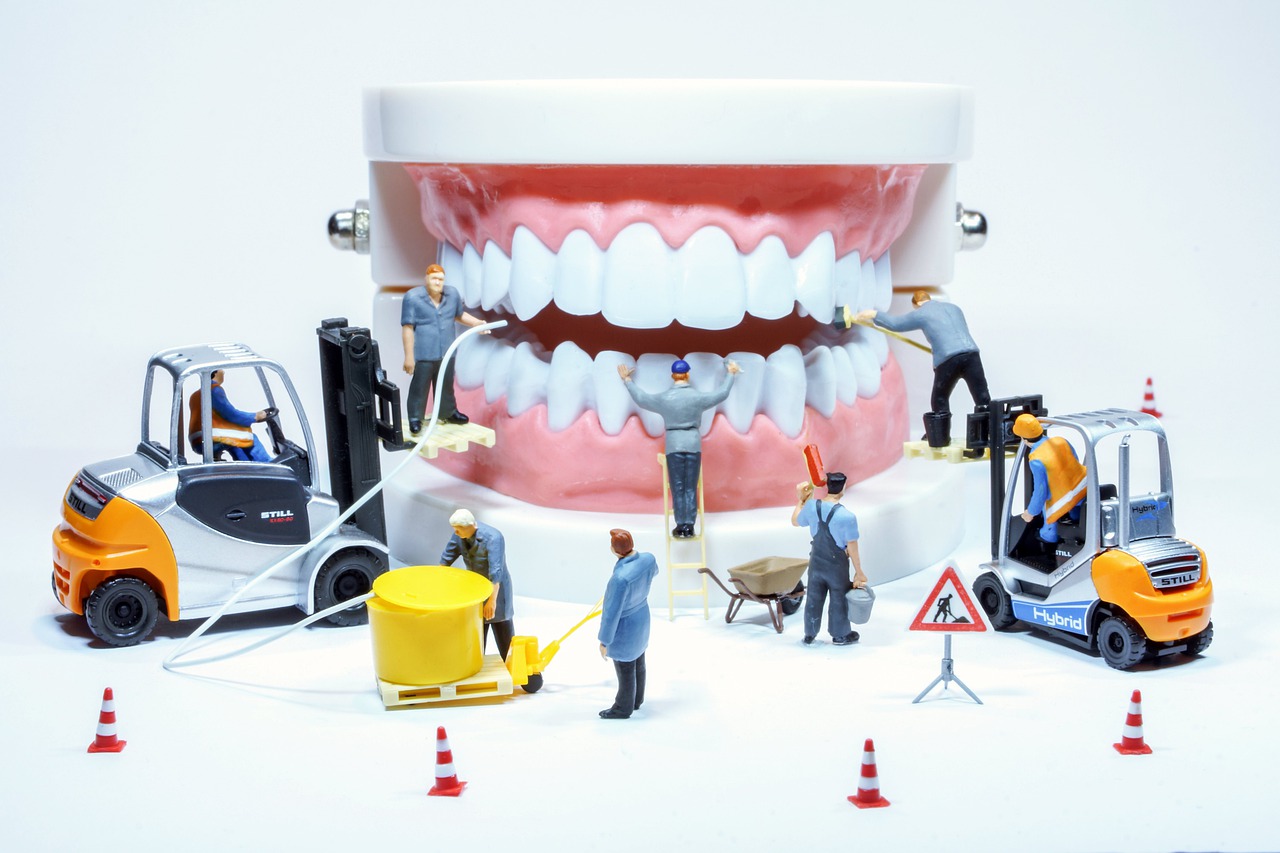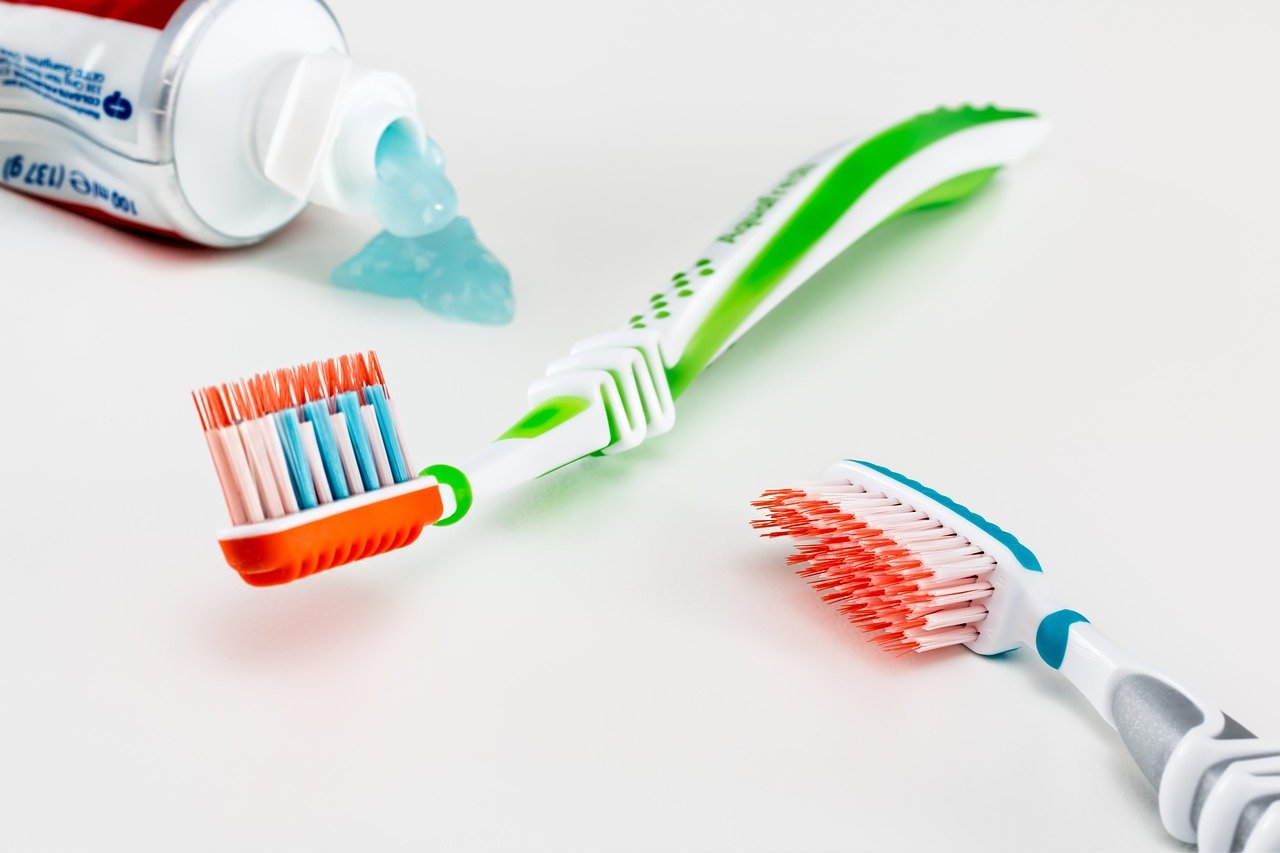Thinking about traveling overseas for dental care but can’t make up your mind?
Perhaps you’ve heard plenty of things that make you hesitate… but is it all true?
Here are some of the myths about dental tourism you might have heard.
1. I need to make a special trip just for the treatment.
Here at dentaltourismexpert.com we think the opposite. You need a vacation, so why not combine a vacation in an amazing location with the dental treatment you need? Depending on the work you need to have done, you can spend most of your time enjoying yourself, and only a few hours in the dentist’s chair. Given the lower cost of many dental destinations, you may be able to afford both the vacation and the treatment – for the price of the treatment alone back home.

Choose your dentist with care!
Pic by mac_filko via Flickr CC
2. The dentists aren’t as good.
Now that’s not the case at all. Many countries have rigorous training and accreditation systems for dentists and dentists who pass the exams and are certified have undergone extensive study. In addition many dentists have either trained in or worked in Europe, the US, Canada and Australia during their career, so will work to the same standards. Find out where your dentist has studied and if that is a concern, choose one with the type of education you prefer.
3. Lower costs means poor quality of work.
No. The reason the costs are lower is because all costs related to running a business are lower in some countries – rent, wages, taxes, cost of materials. It all adds up to a significant discount for dental tourists. Countries like Thailand and Costa Rica, for example, have excellent dental care yet costs are low enough to make a significant difference.
4. They don’t use any/enough painkillers.
Different dentists have different attitudes to how much painkillers or anesthetics are the norm. Do your research and ask your chosen dentist their standard practice. In France, for example, dentists often believe too many painkillers are bad for you and you’ll have to argue to get them. In most dental tourism destinations, however, anesthetics are the norm and you’ll get exactly what you feel you need.
5. I’m going to end up in a shed with a guy with pliers.
Eh.. no. It is not difficult to find lists of reputable dentists online – check our directory to start with. It’s true that in some countries the decor isn’t going to be as fancy, but that doesn’t necessarily reflect on the equipment, training or standard of care at the practice. Find some that suit you, and fit with your travel plans, and then research them in detail. Search for reviews, and ask on forums. Think of it this way, if you moved to a new town, how would you find a dentist? You’d ask someone!
6. They won’t speak English.
That might be true in some cases but most dentists who advertise for patients from other countries either speak English themselves or have English-speaking staff. Check their website, and give them a call or drop them an email.
7. A dentist in my home country won’t treat me afterwards.
Yes they will. They are professionals. You may, however, find that your regular dentist will be a little miffed at your having gone overseas for treatment. That’s tough, but the only reason you did it was because of the cost. If you can’t afford thousands of dollars for a crown in your own country and you need one, you don’t have many choices. Your dentist can’t (or certainly shouldn’t!) refuse to treat you and if s/he does, then it’s time to find another.
8. I can only get major work done if I go abroad.
No! Obviously for people who need significant work done, the benefits of cheaper prices with dental tourism are greater, but if you’re planning a holiday anyway, and need some minor work done – then go for it. It wouldn’t make much sense to travel halfway around the world for a few cavities or some teeth whitening but next time you plan a foreign vacation, you might consider a country in which you could also get some toothwork done.
9. Chances are it will all go horribly wrong.
There’s no doubt that there are horror stories out there about people suffering after their treatments; but that doesn’t mean it will be you. Getting a significant amount of invasive work done carries risks wherever it is done – including at home. You can mitigate any after-effects by following your aftercare instructions and by visiting a dentist at the first sign of an infection or a problem.
10. Dental care is so expensive at home that dental tourism is the only option.
No. Realistically, if you need just a check up or a scale and polish then traveling specifically for this treatment would be probably more expensive than getting the work done at home. When doing your research, you need to think about, and research the work that you need done. You might know if you need implants or new dentures, but you might not need that extraction you think you do – first get a check up with a local dentist, or the satellite office of a practice focused on dental tourism.
Final thought – do your research!
Yes, we’ve said it a few times already, but these are your teeth! Make sure you know exactly what work you need done, research the best choice of materials for you, and research reputable dentists in places you’d like to visit. Yes, it’s more complicated than just making an appointment but when you think of the money you’ll save and the benefits of an extra vacation, the legwork will be worth it.

